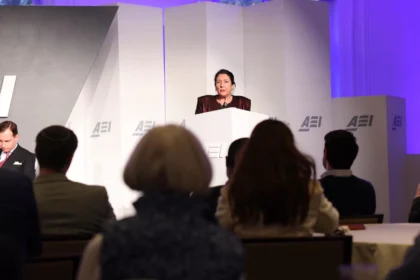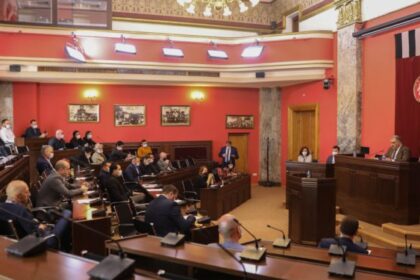**Georgian Dream’s Latest Move Undermines Freedom of Expression**
The Georgian Dream parliament has taken another step to limit the freedom of expression in Georgia. The latest amendments to the Law on Freedom of Speech and Expression are being fast-tracked, despite criticism from media groups and watchdog organizations.
According to critics, the new law makes it easier for individuals or institutions to sue journalists or ordinary citizens for defamation. The burden of proof has been shifted from the plaintiff to the respondent, who will now have to justify why a statement was not defamatory. This change could lead to self-censorship among journalists and silence critical public discourse.
Defamation is currently one of the grounds on which speech and expression can be regulated. However, the proposed changes redefine defamation as a statement containing a substantially false fact that damages a person’s reputation. Unlike current law, individuals who believe they have been defamed will now only need to cite the specific statement that damaged their reputation. The respondent will then have to prove that the statement was not defamatory.
**The End of Investigative Journalism?**
One of the major changes in the new bill is the removal of qualified privilege, a safeguard that prevents courts from ruling against respondents solely for refusing to disclose professional secrets or sources. This has drawn criticism from media groups who claim it endangers investigative journalism.
“The abolition of the right to protect sources effectively means the end of investigative journalism,” warned the Media Advocacy Coalition. “It would make reporting on matters of significant public interest impossible.”
**Reducing Speech Freedom**
The new bill also introduces a vague concept of “insult in public spaces.” Although not clearly defined, this could include social media posts. Dozens of citizens have already been fined for allegedly insulting GD officials on Facebook.
**A Blow to Free Speech**
Critics argue that the proposed changes represent a continued attack on freedom of expression and will lead to further restrictions on speech. The amendments are being fast-tracked before the one-party legislature concludes its spring session on June 27.
The initiators of the changes are the GD MPs: Davit Matikashvili, Rati Ionatamishvili, Archil Gorduladze, and Irakli Shatakishvili. The bill has already passed the first reading in the GD Parliament, with a 100-day retroactive effect.
**The Future of Free Speech in Georgia**
As Georgia continues to navigate its path towards democracy, the recent amendments to the Law on Freedom of Speech and Expression raise concerns about the future of free speech in the country. The proposed changes could lead to further restrictions on journalists and citizens who dare to speak out against the government or its officials.
Read More @ civil.ge












